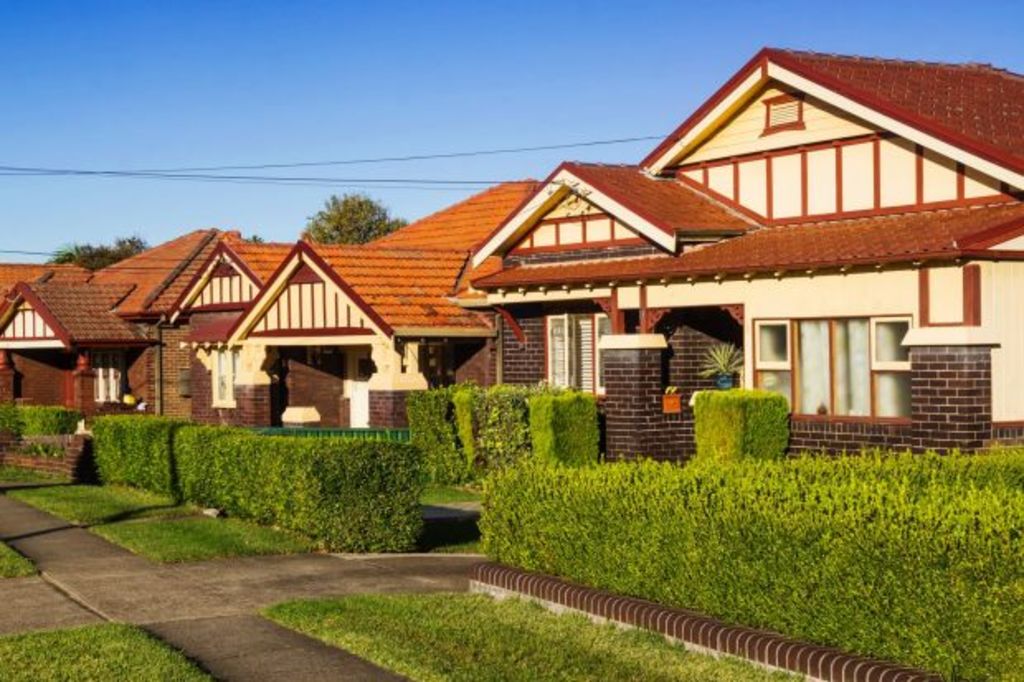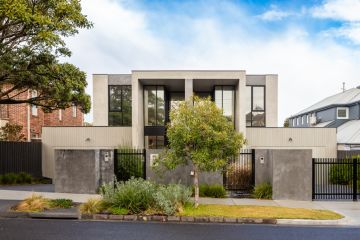'Don't kill the golden goose': When you should transform your home into an investment property

When it comes time to upgrade, homeowners may be wondering whether it’s possible to hold onto their property and convert it into an investment instead of selling.
Accumulating multiple properties is considered an effective way to build wealth, as capital growth is amplified and the former home can provide an additional income stream.
However the strategy is not without its risks, and homeowners are doubly exposed to fluctuations in the property market, especially if the second property is in the same area or market segment.
When is it best to hold onto a property?
The idea behind this strategy is that by retaining the first property, homeowners can take advantage of capital growth on two properties rather than one, especially if the first property is increasing in value.
In an ideal scenario, rent will cover loan repayments on the first home, requiring homeowners to take out a new loan for the second property.
Deciding whether to hold a property depends on the quality of the asset, but high performers are worth retaining, according to founder of Empower Wealth Ben Kingsley.
“Ideally, if it’s been a good performing asset and you’re looking to upsize, do everything you can to hold onto it,” he said. “Why would you sell the golden goose that keeps laying eggs?”
Mr Kingsley said that as long as the holding costs of multiple properties can be managed, this strategy could create wealth faster. “Your wealth base is higher, and your compounding return is higher on both assets.”
He said most people assumed they wouldn’t be able to retain their first property, and didn’t seek out independent advice or get an accurate rental appraisal.
“Rather than try and crunch the numbers, they do a rudimentary calculation and say they can’t hold it,” he said. “There would have been a good percentage of them who probably could have held both if they had looked at the budget.”
Asset selection is the key to this strategy, as the first property must be investment-grade, according to Wakelin Property Advisors director Paul Nugent.
“If someone is fortunate enough to have bought a property to occupy that conforms to the very strict guidelines that you would apply to selecting an investment asset, it could well be worth retaining,” he said.
“But more often than not, properties that might conform to one’s very subjective needs for a family home don’t necessarily make the best investments.”
What are the risks of owning multiple properties?
A property is negatively geared if the costs of ownership exceed rental income. This loss can be deducted from taxable income, but according to head advisor at Dixon Advisory, Nerida Cole, relying on this strategy can be problematic as it reduces cashflow.
“You do see people really not understanding how negative gearing works,” she said. “They get excited about that tax refund, but don’t remind themselves that the reason they get it is that they are making a loss.”
She said this strategy relied on capital growth to make up for any losses, but a slowing market can affect how quickly losses can be recouped.
Mr Kingsley warned would-be investors to factor a buffer into their finances to allow for fluctuations in interest rates and rent.
“You should always in your assumptions use long-term interest rate calculations of around 7 per cent, not today’s interest rates,” he said.
He added that lenders often assessed applications based on an assumed rental yield of between 3 and 4 per cent, and only 70 per cent of a property’s rental income to minimise their risk.
When is it best to sell a property?
Retaining a property isn’t necessarily always the best approach, and depends as much on the property itself as the homeowner’s financial situation.
The rental yield for large family homes may not be as high as a typical investment-grade property, according to Mr Nugent.
“More often than not most people are better off disposing of the asset that they’ve been living in, and taking the capital gains benefit that they’ve got and moving it into the next property,” he said.
Mr Nugent said retaining a mortgaged property can limit borrowing power, which may restrict the choice of home when upgrading. But even those with their home loan paid off could encounter problems.
“If you owned your initial property outright, that would be a fantastic position to be in, but then any of the income you derive from that property would be taxed at the highest marginal rate of your income.”
Mr Kingsley said the decision ultimately comes down to the financial position and goals of the homeowner.
“The best thing to do is always consider all options before selling, because once you’ve decided to sell, that’s it.”
We recommend
States
Capital Cities
Capital Cities - Rentals
Popular Areas
Allhomes
More







